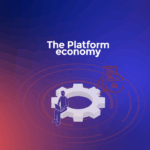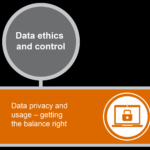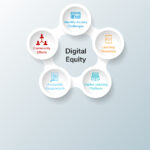How Data Sharing Fuels the Digital Economy Growth
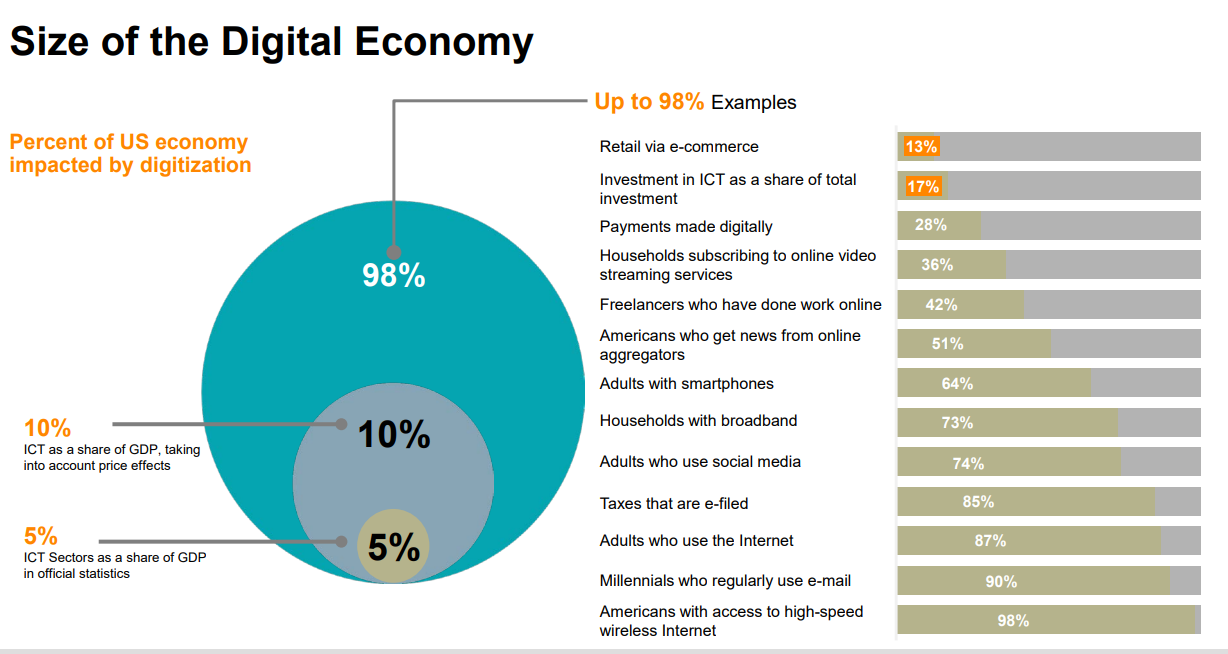
Exploring the impact of data sharing on the digital economy growth, this article delves into the crucial role data sharing plays in driving innovation and competitiveness across industries. From market insights to consumer behavior analysis, data sharing is the key to unlocking growth opportunities in the digital landscape.
Importance of Data Sharing in the Digital Economy Growth

Data sharing plays a crucial role in driving the growth of the digital economy by enabling organizations to leverage valuable insights, improve decision-making processes, and enhance overall efficiency.
Accelerating Innovation and Competitiveness
Data sharing fosters innovation and competitiveness by allowing companies to access a wealth of information that can be used to develop new products and services. For example, in the healthcare industry, sharing patient data among healthcare providers can lead to the discovery of new treatments and improved patient outcomes.
- Data sharing in the financial sector enables banks to better understand customer needs and preferences, leading to the development of personalized financial products.
- In the transportation industry, sharing traffic and navigation data allows companies to optimize routes, reduce fuel consumption, and improve overall service efficiency.
Impact on Market Insights and Consumer Behavior Analysis
Data sharing provides organizations with valuable market insights and enables them to analyze consumer behavior more effectively. By sharing data with partners and stakeholders, companies can gain a comprehensive understanding of market trends and consumer preferences.
Data sharing allows companies to tailor their marketing strategies to target specific customer segments and enhance customer loyalty.
| Industry | Benefits of Data Sharing |
|---|---|
| Retail | Improved inventory management and personalized shopping experiences. |
| Telecommunications | Enhanced network performance and targeted marketing campaigns. |
Strategies for Effective Data Sharing
Effective data sharing is essential for driving innovation and growth in the digital economy. To ensure successful data sharing initiatives, organizations need to implement best practices for secure and ethical data sharing. This involves comparing different data sharing models, leveraging data anonymization techniques, and adhering to strict data governance and compliance measures.
Best Practices for Secure and Ethical Data Sharing
- Implement encryption and access controls to protect sensitive data from unauthorized access.
- Obtain explicit consent from individuals before sharing their personal information to ensure data privacy.
- Regularly audit data sharing practices to identify and address any security vulnerabilities.
- Educate employees on data privacy regulations and best practices to promote a culture of data security.
Comparison of Different Data Sharing Models
- Open Data:Involves making data freely available to the public, promoting transparency and innovation.
- Private Data Sharing Agreements:Involve confidential agreements between organizations to share data for specific purposes while maintaining privacy and security.
Data Anonymization Techniques for Privacy Protection
- Use techniques such as masking, tokenization, and generalization to anonymize data while preserving its utility for analysis.
- Implement differential privacy to add noise to datasets, protecting individual privacy without compromising data accuracy.
Importance of Data Governance and Compliance
- Establish clear data governance policies to ensure data quality, integrity, and security throughout the data sharing process.
- Comply with data protection regulations such as GDPR and CCPA to protect individuals' rights and prevent data misuse.
Technologies Driving Data Sharing
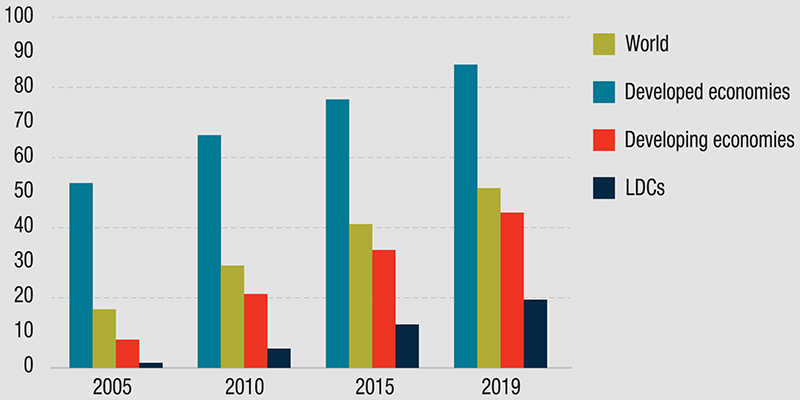
In the digital economy, various technologies play a crucial role in enabling efficient data sharing across platforms. Let's explore how blockchain technology enhances security and transparency, the role of cloud computing in facilitating data sharing, the impact of IoT devices, and examples of AI applications optimizing data sharing processes.
Blockchain Technology
Blockchain technology revolutionizes data sharing by providing a secure and transparent way to store and exchange information. The decentralized nature of blockchain ensures that data is tamper-proof and cannot be altered without consensus from all parties involved. This enhances trust among users and reduces the risk of data manipulation or fraud.
Cloud Computing
Cloud computing plays a vital role in enabling seamless data sharing across platforms. By storing data on remote servers accessed through the internet, cloud computing eliminates the need for physical storage devices and allows users to access, share, and collaborate on data in real-time from anywhere.
This flexibility and scalability make cloud computing a key enabler of data sharing in the digital economy.
IoT Devices
The proliferation of IoT devices has significantly impacted data sharing capabilities by generating vast amounts of real-time data. These interconnected devices collect and transmit data continuously, enabling organizations to gather insights, optimize processes, and make data-driven decisions. IoT devices enhance data sharing by providing a constant stream of valuable information for analysis and collaboration.
AI Applications
Artificial Intelligence (AI) applications play a crucial role in optimizing data sharing processes by automating tasks, analyzing complex datasets, and providing valuable insights. AI algorithms can identify patterns, trends, and correlations within data, enabling organizations to streamline data sharing, enhance decision-making, and drive innovation.
Examples include AI-powered chatbots, recommendation systems, and predictive analytics tools that facilitate efficient data sharing and collaboration.
Economic Benefits of Data Sharing
Data sharing plays a crucial role in unlocking economic benefits for businesses and industries. By leveraging shared data, companies can achieve cost savings, operational efficiencies, and even create new revenue streams. Let's delve into the various economic advantages of data sharing:
Cost Savings and Operational Efficiencies
- Data sharing allows organizations to streamline their operations by reducing duplication of efforts and resources. For example, in the healthcare sector, shared patient data among different providers can lead to faster and more accurate diagnoses, ultimately reducing healthcare costs.
- By pooling resources and insights through data sharing, companies can optimize their supply chain management, inventory control, and decision-making processes, leading to significant cost savings and improved operational efficiencies.
Boosting Revenue Streams
- Case studies have shown that businesses can capitalize on shared data to identify new market opportunities, target customers more effectively, and personalize products and services. For instance, e-commerce platforms use shared customer data to recommend products, resulting in increased sales and revenue.
- Data sharing also enables companies to collaborate with partners and explore innovative business models, such as data monetization strategies. By exchanging data with third parties or participating in data marketplaces, organizations can generate additional revenue streams.
Role of Data Marketplaces
- Data marketplaces serve as platforms where organizations can buy, sell, or exchange data sets. These marketplaces facilitate data monetization by connecting data providers with potential buyers, enabling businesses to leverage their data assets for financial gain.
- Through data marketplaces, companies can unlock the value of their data assets, reach a wider audience, and tap into new revenue opportunities. This not only benefits individual organizations but also contributes to the overall growth of the digital economy.
Impact on Job Creation and Economic Growth
- Data sharing fosters innovation, collaboration, and knowledge-sharing within industries, leading to the creation of new job roles and employment opportunities. As businesses harness the power of shared data to drive growth and competitiveness, they are likely to expand their workforce and invest in skills development.
- The economic impact of data sharing extends beyond individual businesses, influencing the broader ecosystem of suppliers, partners, and stakeholders. By fueling economic growth through data-driven initiatives, organizations contribute to job creation, increased productivity, and sustained prosperity in the digital era.
Conclusive Thoughts
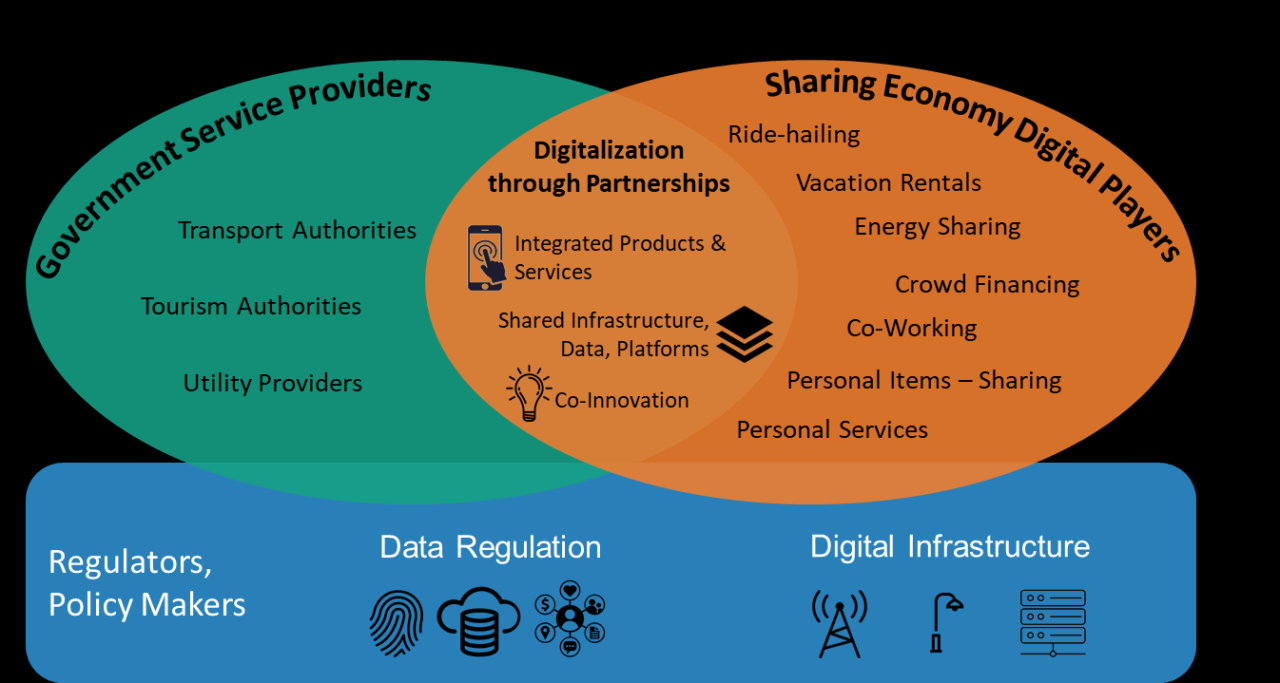
In conclusion, the power of data sharing cannot be understated as it continues to revolutionize how businesses operate and thrive in the digital age. Embracing data sharing practices is not just beneficial for individual companies but also contributes to the overall economic growth and job creation in a data-driven world.
Essential Questionnaire
How does data sharing impact market insights?
Data sharing provides valuable data for market analysis, helping businesses make informed decisions based on trends and consumer behavior.
What are some best practices for secure data sharing?
Implementing encryption methods, access controls, and regular audits are key practices for ensuring secure data sharing.
How does blockchain enhance data sharing security?
Blockchain technology ensures data integrity and security through its decentralized and tamper-proof nature, making it ideal for secure data sharing.
What role do data marketplaces play in monetizing shared data?
Data marketplaces provide platforms for buying, selling, and sharing data, enabling businesses to monetize their data assets and create new revenue streams.



